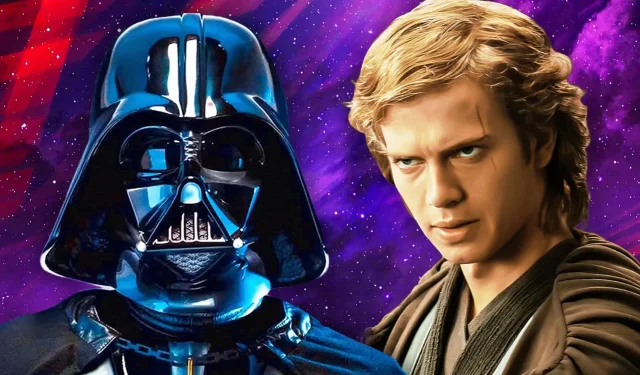In the expansive universe of the Star Wars saga, few moments carry the emotional weight quite like Darth Vader’s shocking announcement to Luke: “No, I am your father.” This pivotal revelation ignites a profound internal struggle within Vader, setting him on a turbulent path characterized by a quest for understanding, a thirst for vengeance, and a distorted sense of fatherhood.
The acclaimed 2020 comic series by Greg Pak and Raffaele Ienco offers a deep dive into the psychological ramifications of this truth, particularly exploring how the startling news of Luke’s life resonates within Vader in the wake of The Empire Strikes Back.
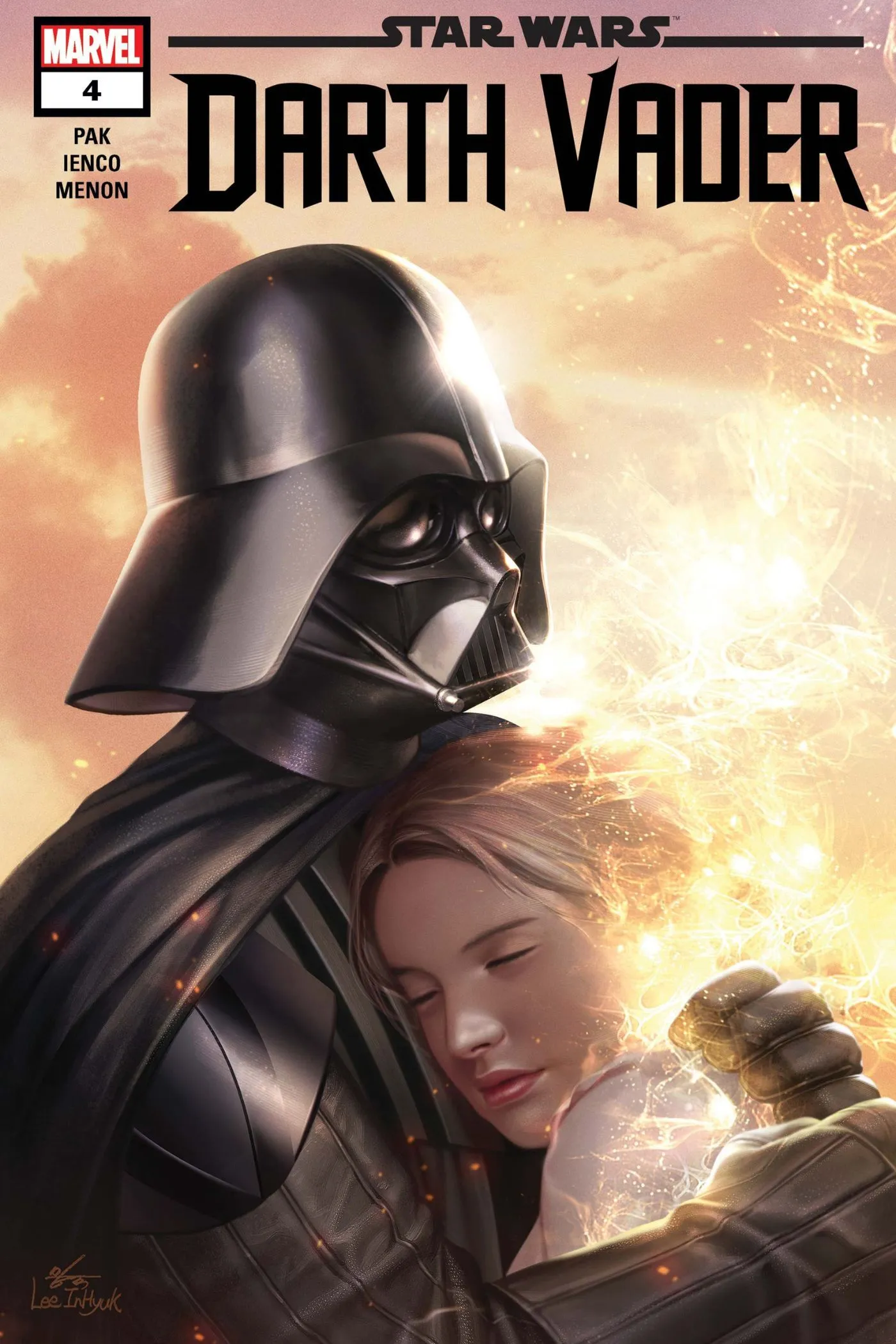
This exploration into the time following the films reveals a psychic landscape filled with rage, regret, and the suffocating possessiveness linked to his former life as Anakin Skywalker. Vader’s struggle with the knowledge of his son—and its implications for his loyalty to the dark side and Emperor Palpatine—adds layers to his characterization.
Vader’s Fury Upon Learning of His Son
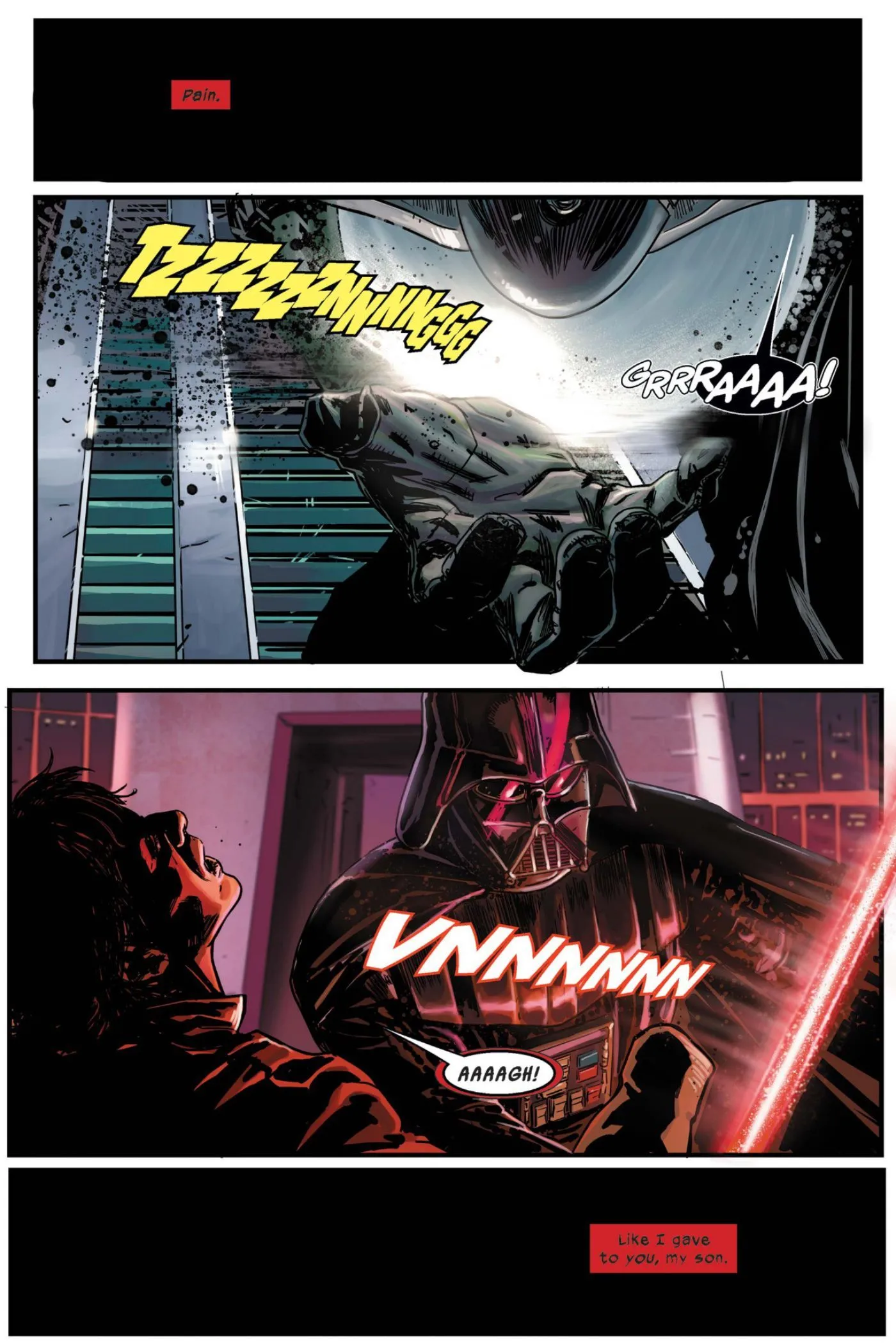

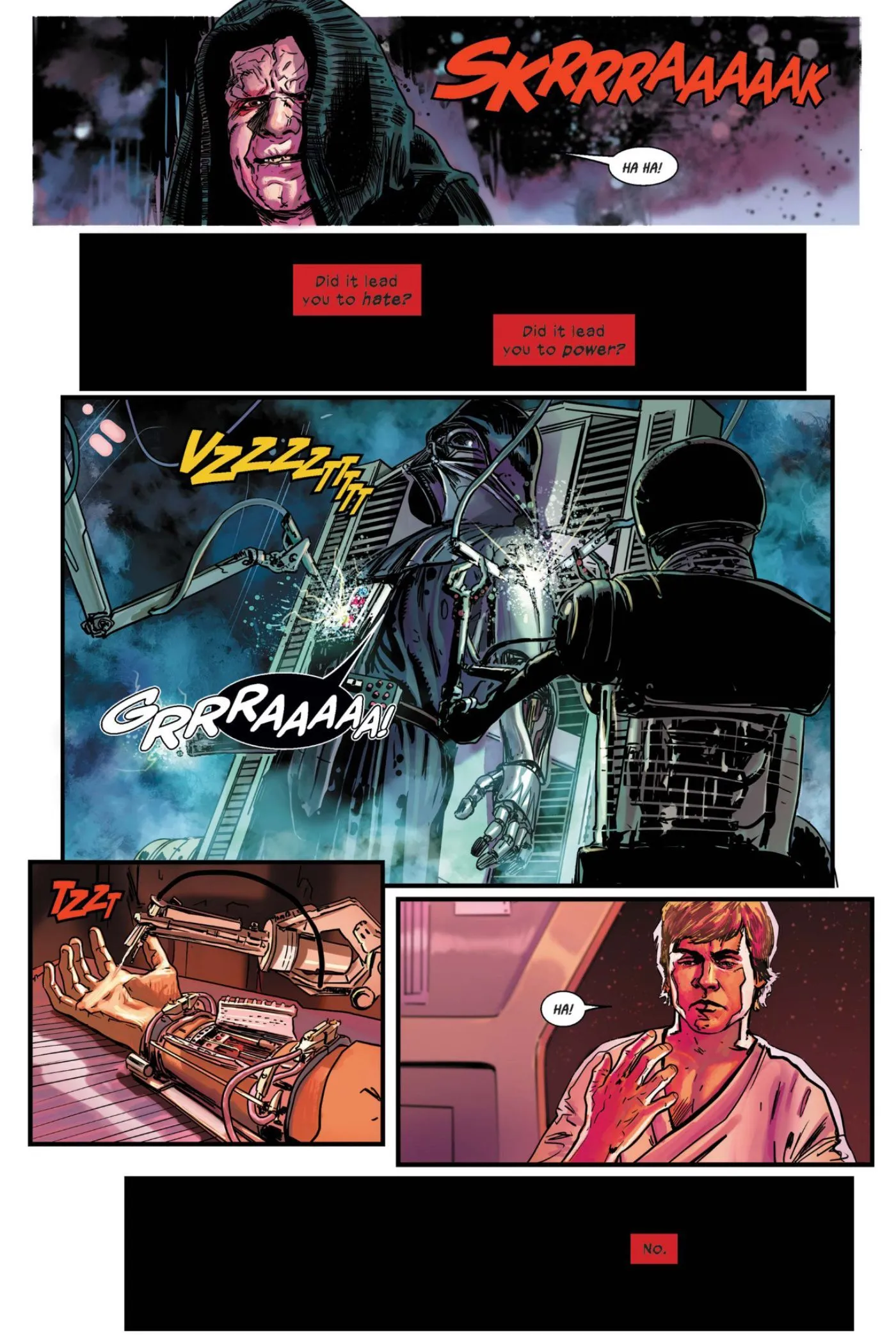
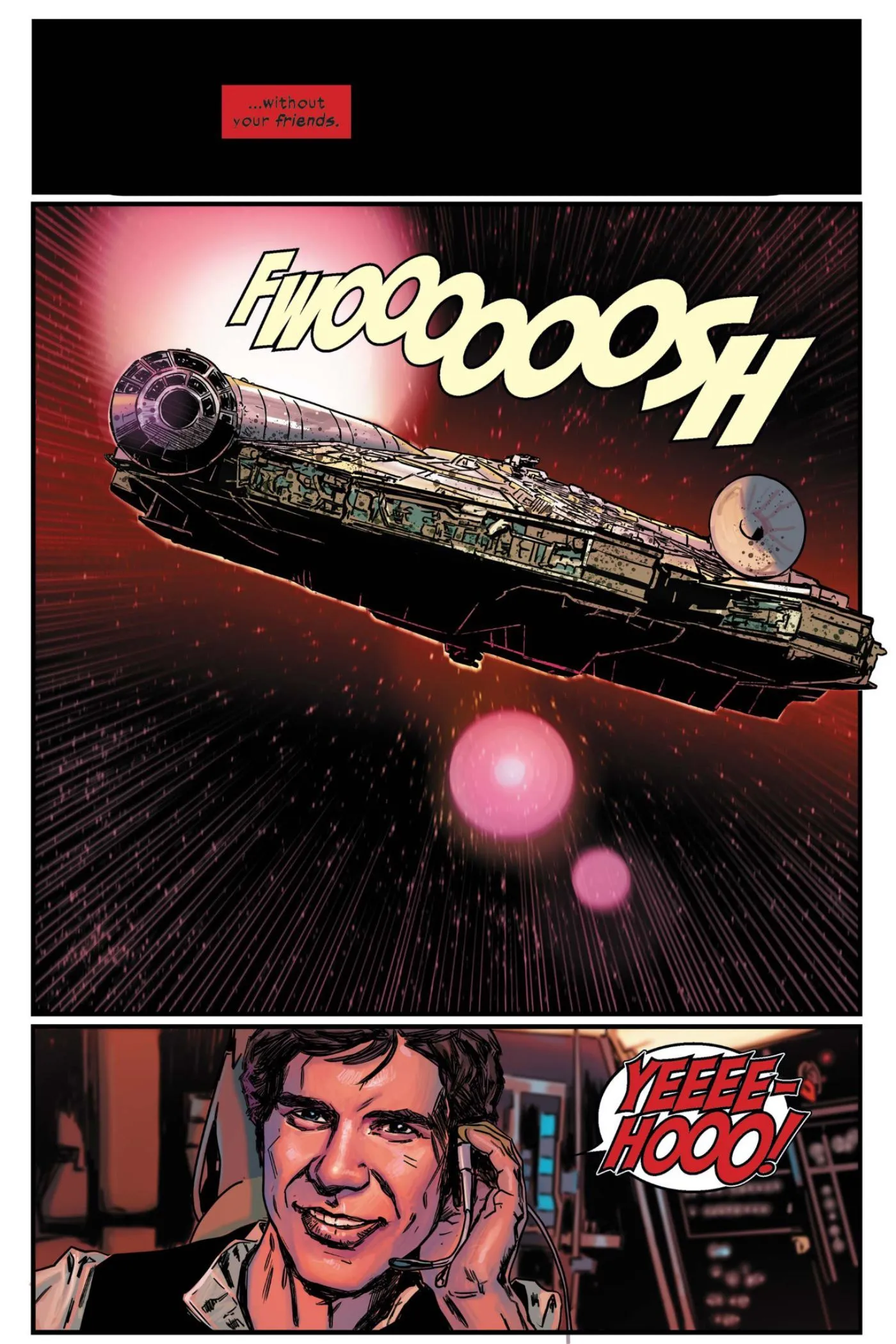
Following the monumental revelation on Cloud City, Pak’s interpretation illustrates the chaotic turmoil within Vader’s mind. The immediate shock at learning of Luke’s existence, coupled with his rejection by Luke, compels Vader into a furious pursuit for answers and vengeance. This tumultuous emotional landscape is further heightened by his perception of Luke’s refusal to ally with him as an act of betrayal, intensifying his connection to the dark side.
Throughout the series, Vader is relentlessly on the hunt for his son’s past. He interrogates those who knew Padmé and Obi-Wan, demonstrating an obsessive need to unearth the life that was snatched from him. His journey even leads him back to Tatooine, where his rage culminates in a fiery act of destruction as he confronts the ghosts of his past. This relentless search highlights Vader’s desperate attempt to grasp the reality of his son and the familial bond he never fully embraced.
These personal quests drive Vader to revisit Naboo, seeking to understand the circumstances that led to Padmé’s death and the secrets surrounding Luke’s concealment. At Padmé’s tomb, surrounded by her handmaidens who evoke her memory, the remnants of Anakin Skywalker begin to resurface within Vader. This journey becomes less about vengeance and more about a complex search for identity and redemption.
Anakin’s Inner Conflict: A Search for Lost Family
A Battle Between Vader and Anakin
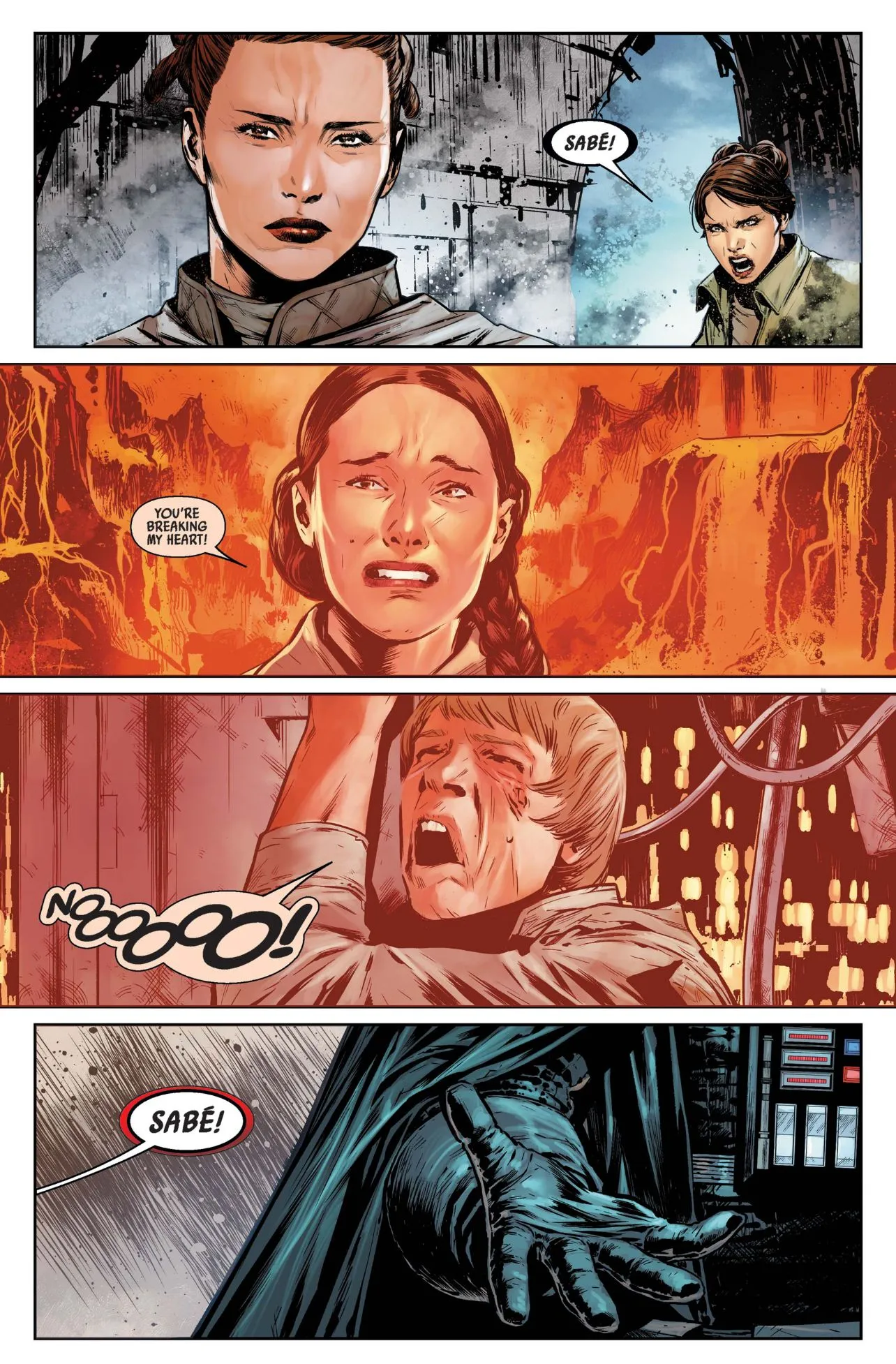
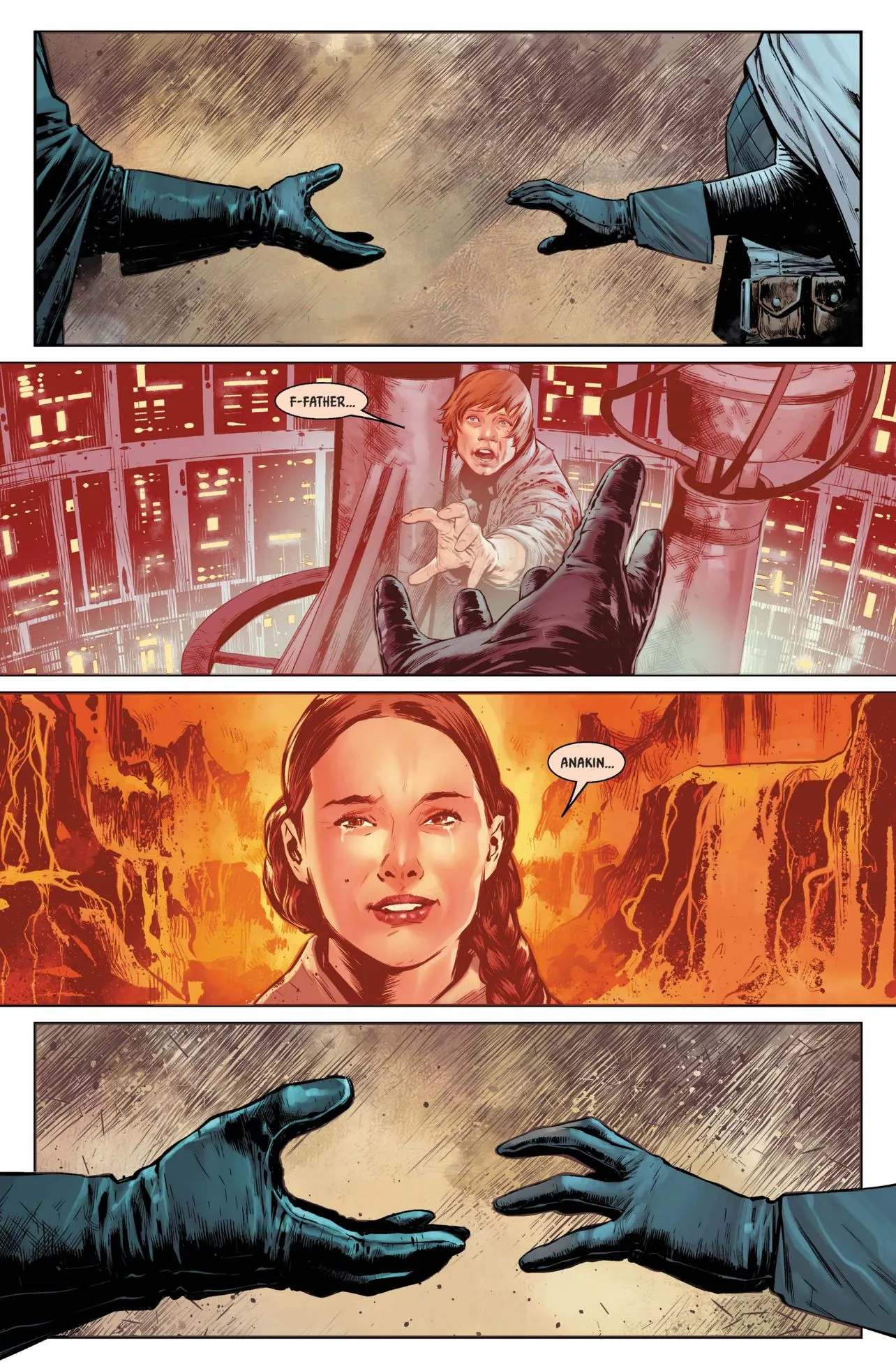
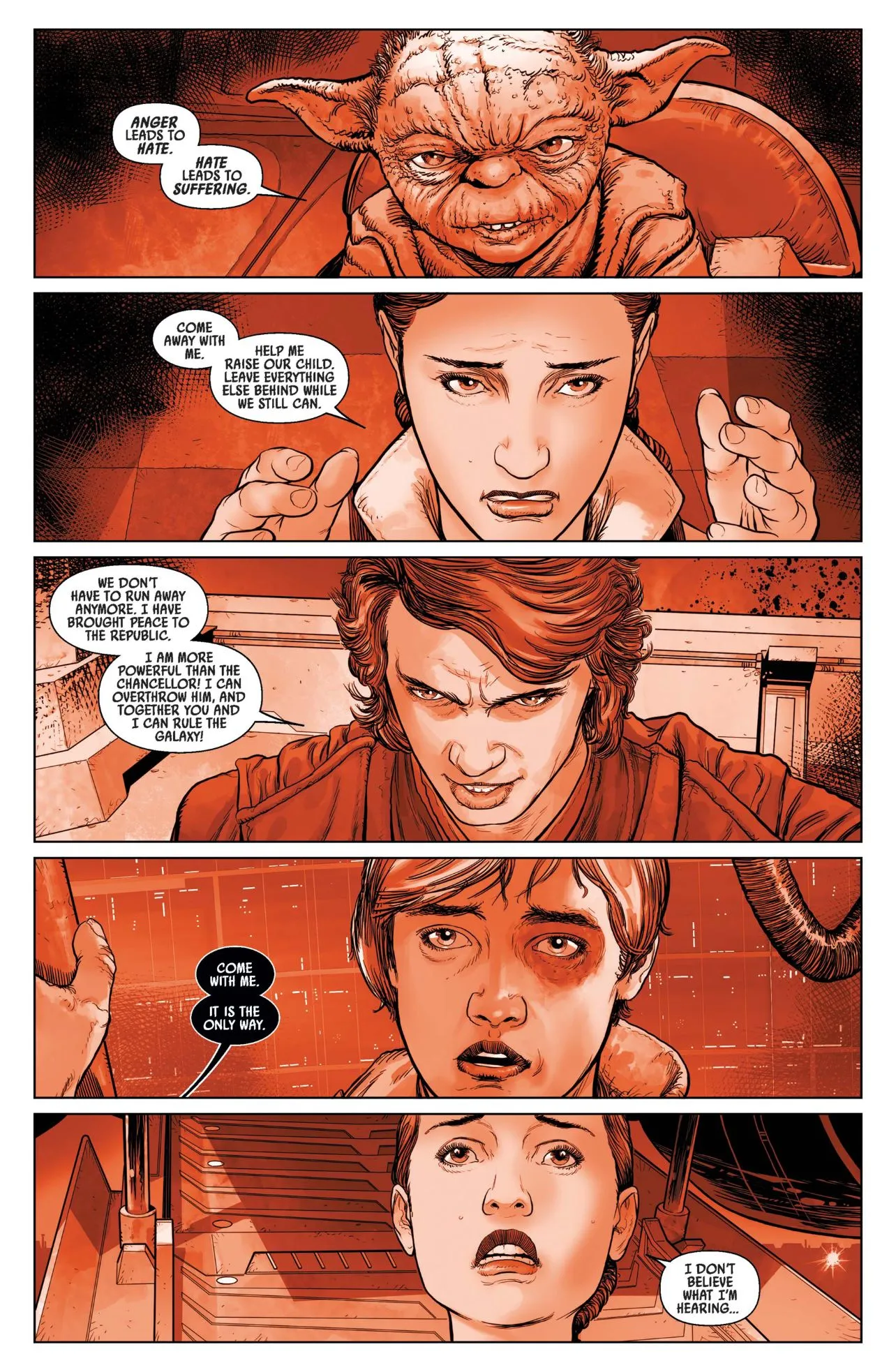
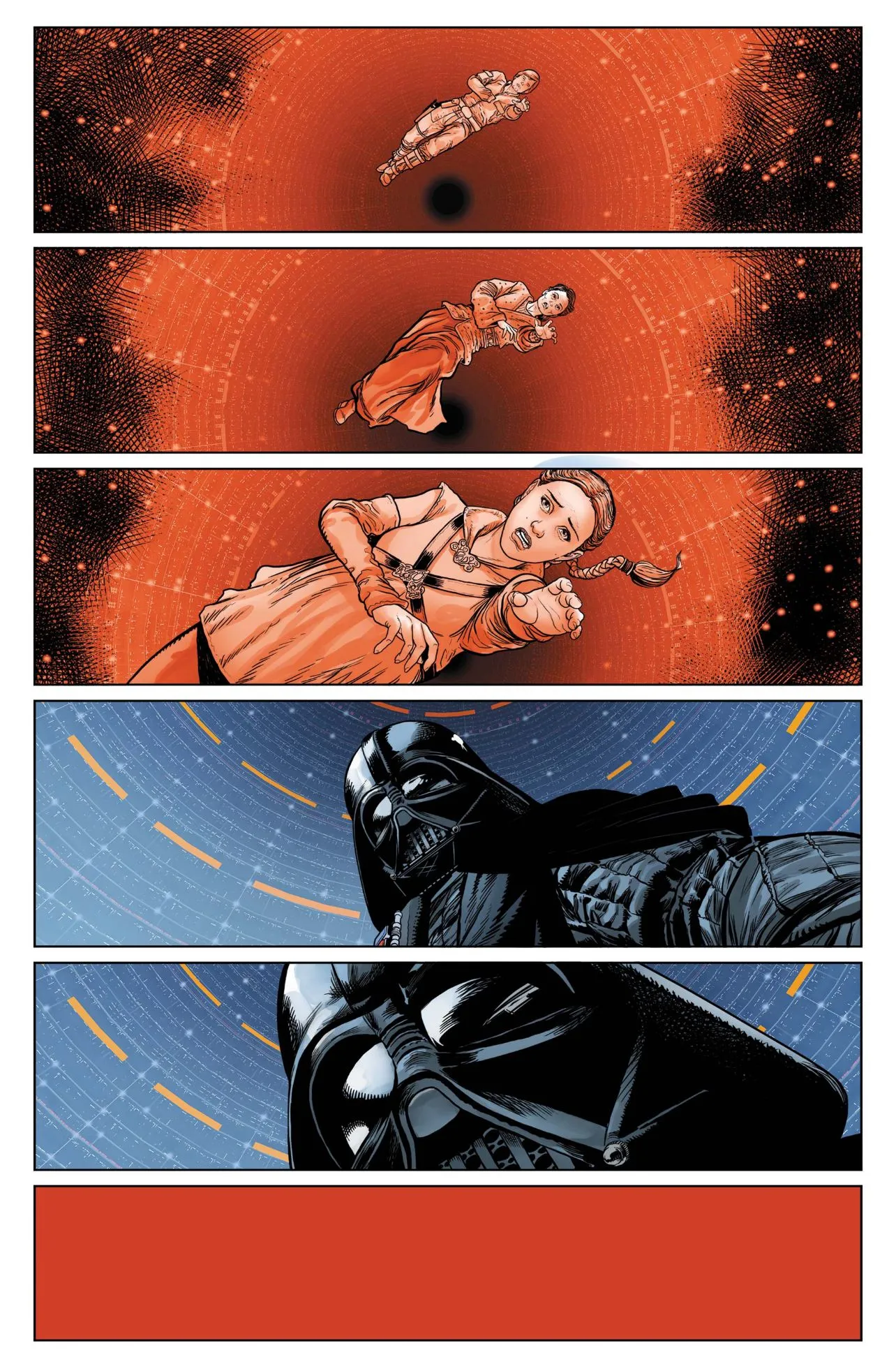
While Vader’s enmity for those who deceived him about his son’s existence remains intense, Luke also represents an enduring connection to Padmé. This duality does not signify weakness; rather, it indicates a deep acknowledgment that his son embodies a life he irrevocably shattered, mingling grief with fury.
Deep down, Anakin’s spirit awakens, recognizing his lost love in Luke’s features and spirited resilience. As Vader’s investigation into Luke intensifies, fleeting displays of paternal instinct emerge, revealing a man torn between his Sith identity and a desire to connect with his son.
Although Vader’s ultimate ambition is to coerce Luke into embracing the dark side, he occasionally intervenes to protect him from threats, even those orchestrated by Palpatine. This instinctual protectiveness hints at a fatherly desire, contrasting sharply with the twisted mentorship Palpatine once imposed on him. These glimpses of Anakin provide a powerful reminder of the father Vader could have chosen to be.
As Luke continues to resist Vader’s influence, the old Sith’s initial anger gradually gives way to begrudging admiration and intrigue over his son’s potential. It is Anakin, the gifted pilot, who identifies a reflection of himself in Luke. This recognition ignites flickers of pride and a haunting longing for the father he never became.
Yet, it is Luke’s physical and emotional parallels to Padmé that resonate most deeply with Vader. Memories of heartbreak surface, reminding him of Padmé’s pleas on Mustafar. Anakin’s heart—faint yet present—acknowledges this lost love in his son, creating a painful reminder of the life he destroyed in his attempts to save her. The sight of Luke strikes at the very core of Vader, fracturing his carefully constructed armor.
Dual Desires: Sith Teacher vs. Father
Palpatine’s Manipulative Game with Vader
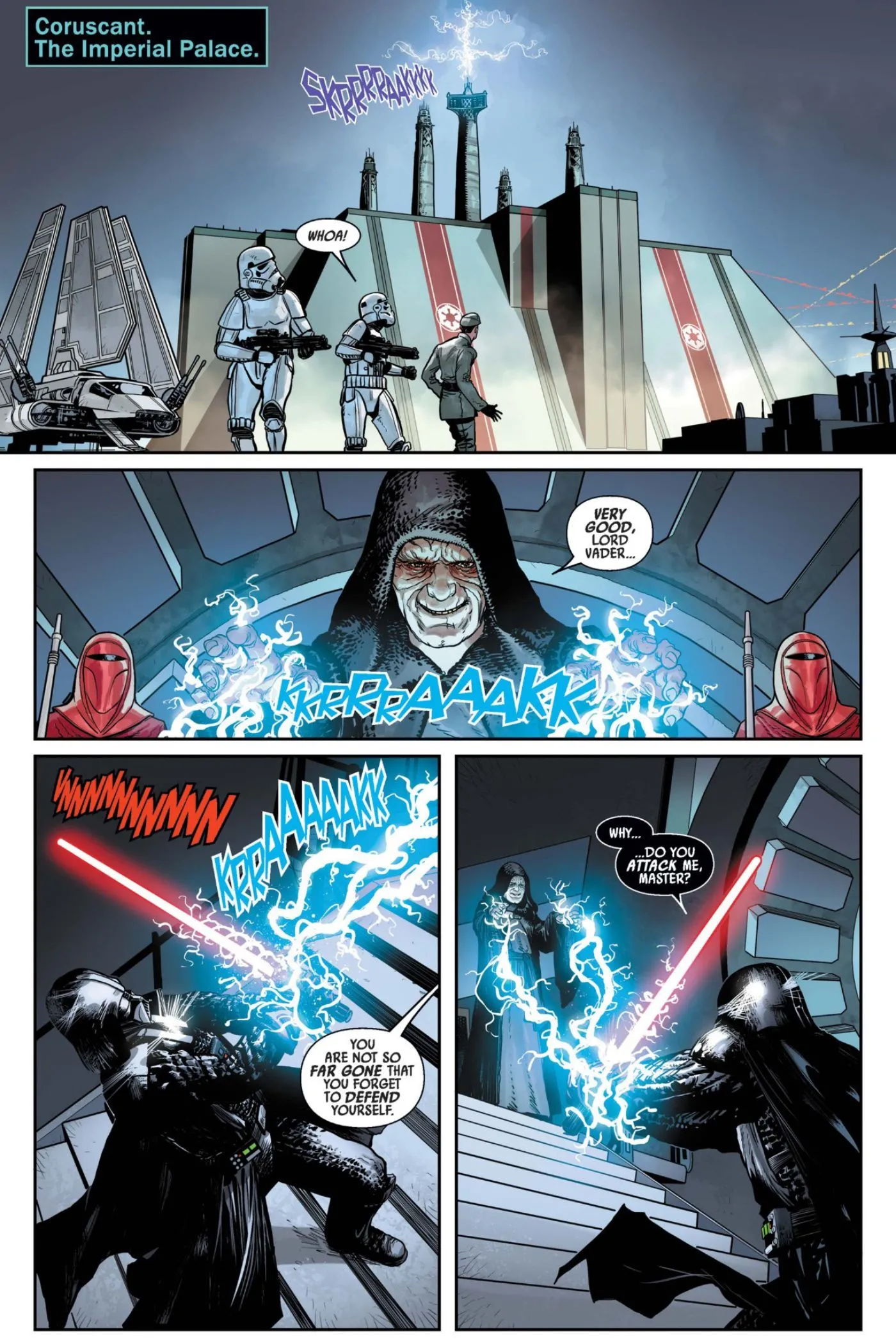
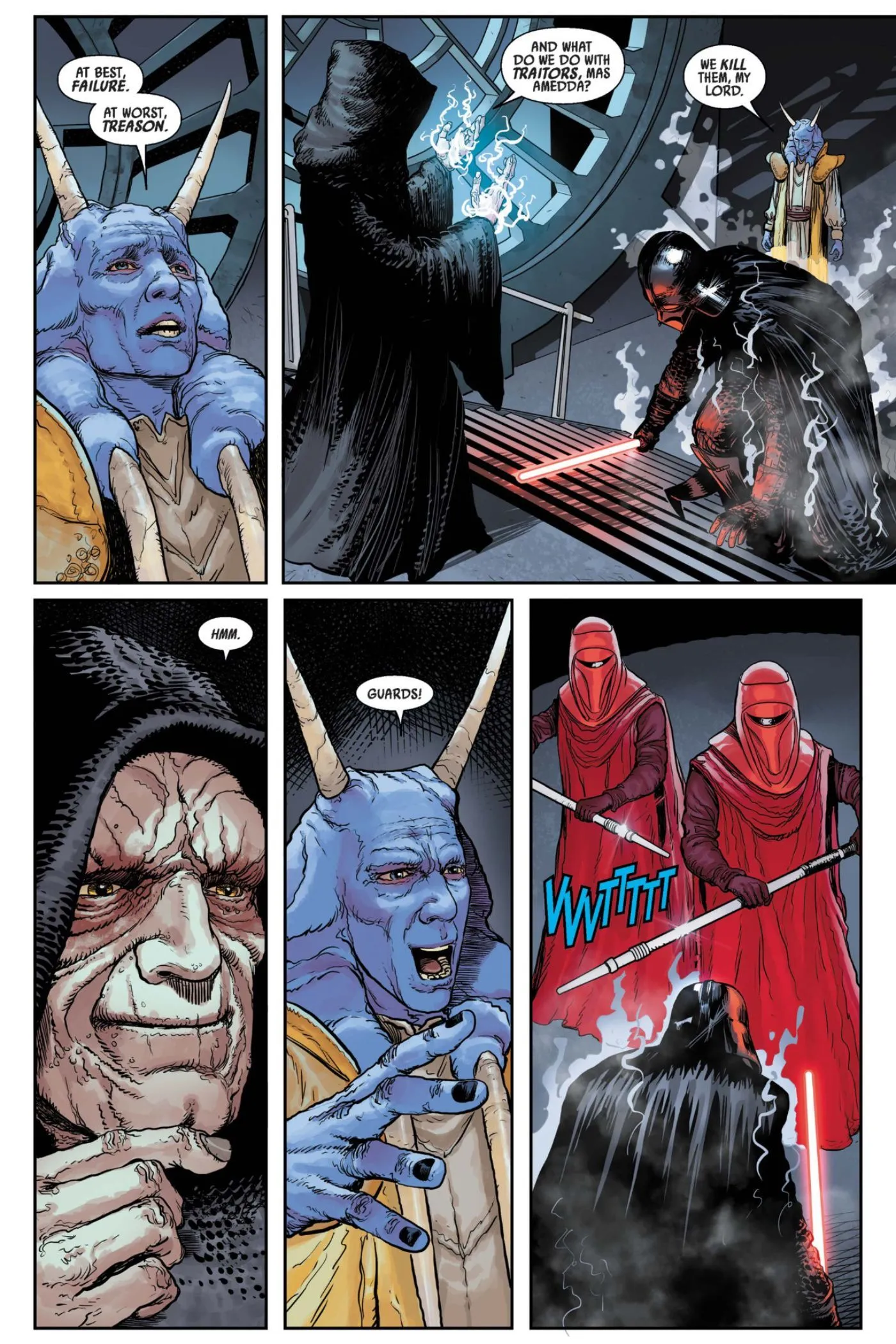
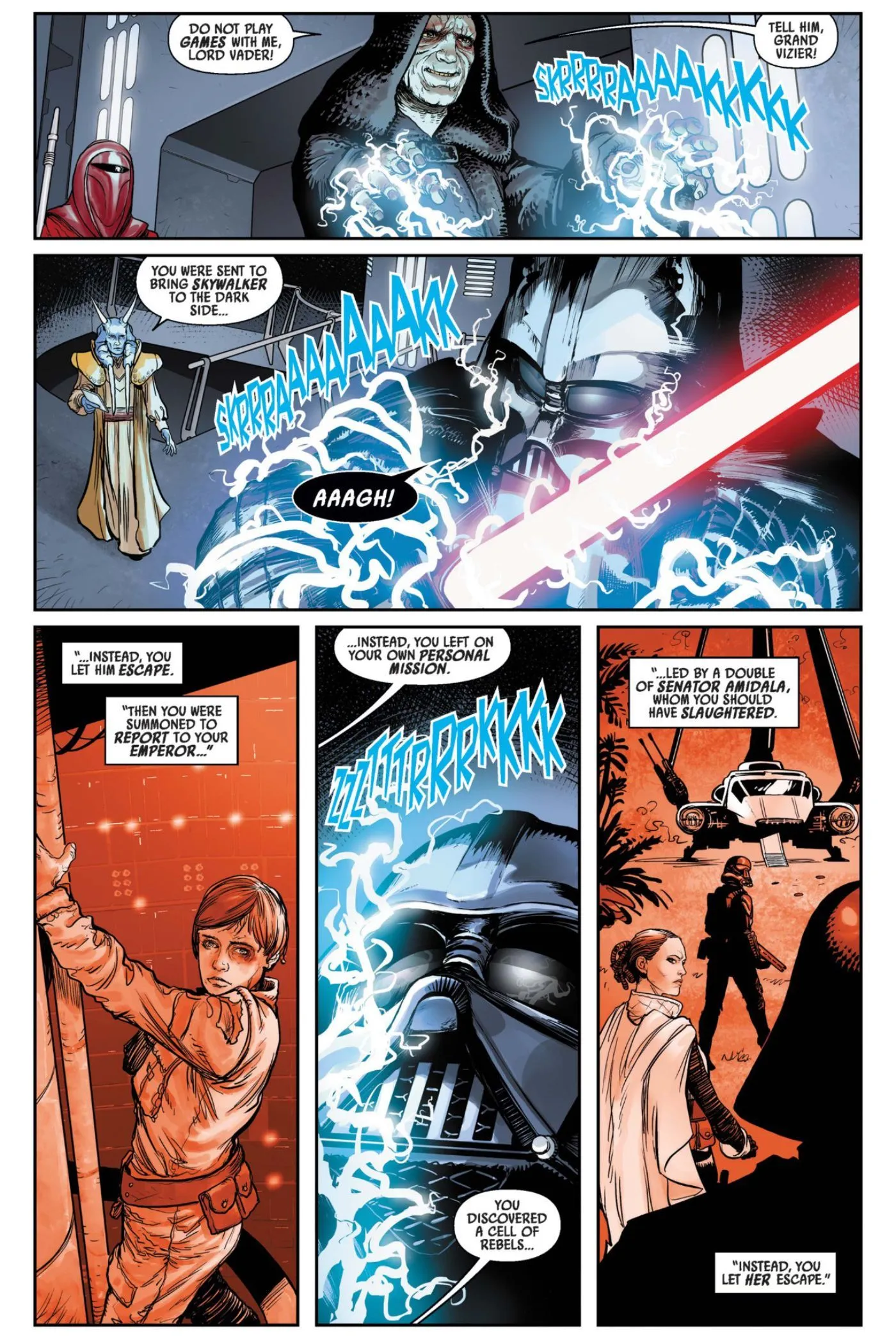
Palpatine’s devious machinations play a pivotal role in shaping Vader’s relationship with Luke. The Emperor’s awareness of Luke’s existence and his attempts to exploit this connection serve only to deepen Vader’s internal challenges. Torn between servitude to his master and burgeoning feelings for his son, Vader wrestles with his conflicting loyalties. Palpatine’s insidious influence heightens the stakes, complicating Vader’s tumultuous emotions.
Even as Vader interacts with others about Luke—a conversation tinged with longing and unresolved grief—a more complex layer of his identity surfaces. Sabé, one of Padmé’s trusted handmaidens, glimpses the tug-of-war within Vader through the Force, realizing that Luke occupies a central place in his thoughts. Rather than deny his feelings, Vader acknowledges this connection, leading Sabé to reflect on Padmé’s dying words: there remains good within him.
Though cracks in his dark exterior emerge, the narrative does not transform Vader’s inner turmoil into a mere path of redemption. Instead, the series carefully delineates how the revelation of Luke reshapes Vader’s psyche—a tapestry woven with threads of struggle and conflict. Vader’s reactions are labyrinthine; oscillating between protection and the desire to dominate, all refracted through the lens of the dark side. This duality enriches his character, enhancing the emotional weight of his choices in Return of the Jedi.
Ultimately, this rendition of Darth Vader serves as a thorough exploration of the ramifications from one of the most pivotal moments in his life. It investigates the immediate shockwaves and the enduring consequences of coming to terms with his fatherhood. These inner battles and evolving motivations play a crucial role in defining Vader’s actions during the critical period bridging the original trilogy films. It demonstrates that even the most formidable antagonists can be moved by familial bonds, albeit in intricately dark and profound ways.
